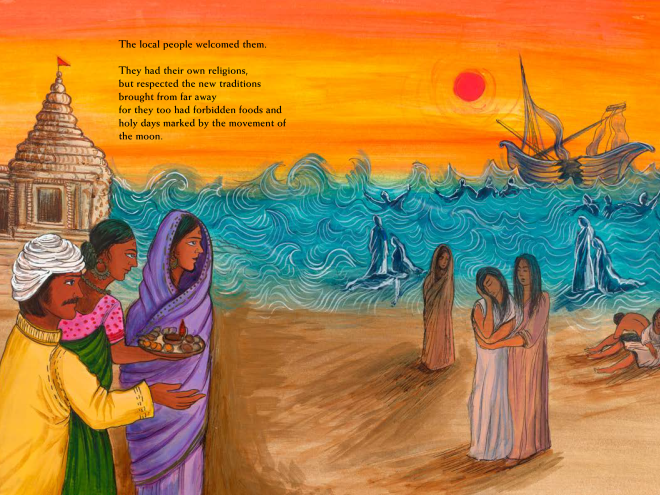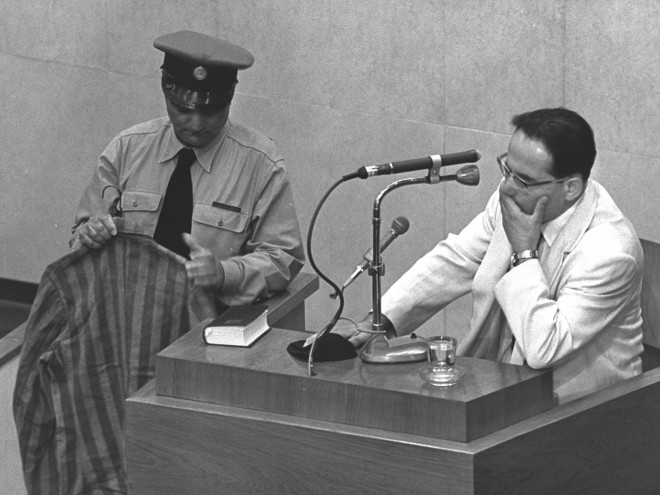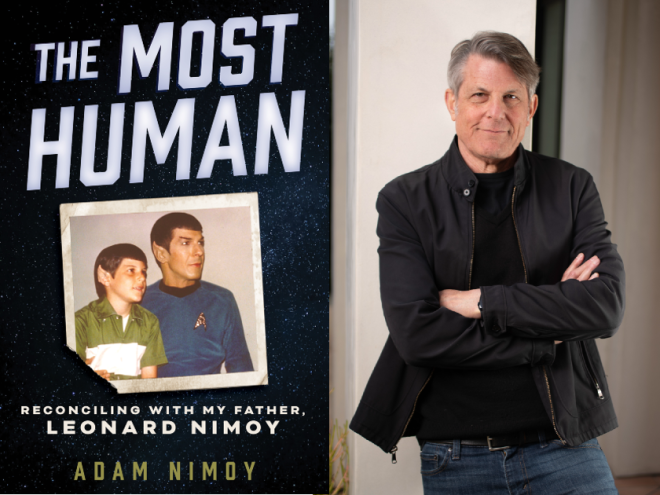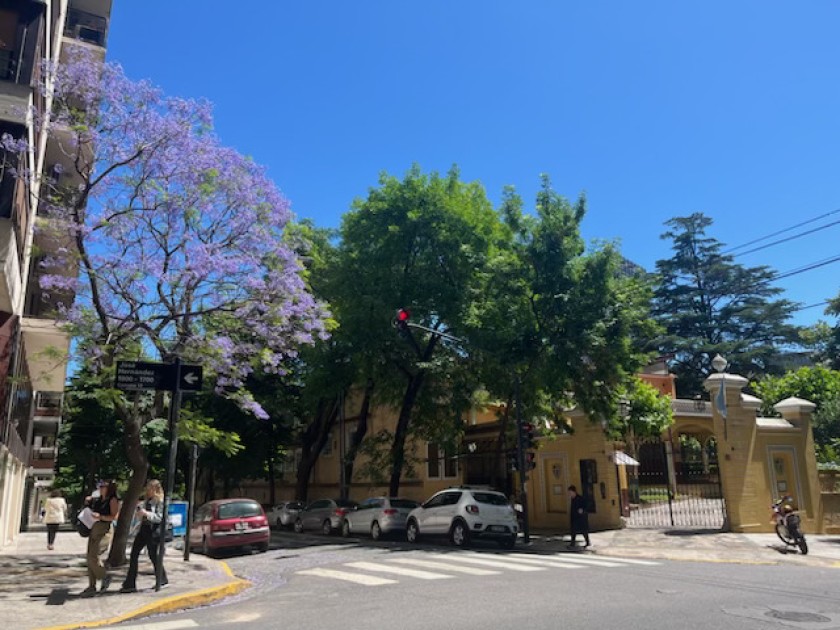
Photos by Isadora Kianovsky
I arrived in Buenos Aires on a balmy spring morning, greeted by sheets of white-gold sunlight. The air was bursting with the scent of vibrant jacaranda blooms. I’d traveled there for a conference, with the aim of connecting with Buenos Aires-based Jewish writers and organizations, and learning more about the Jewish literary landscape in Latin America as a whole. But this experience already felt more like an adventure than it did mere research; the shift from a dreary New York November to the warmth and brightness of the streets of Buenos Aires filled me with a sense of ease, soothing the anxiety that had been building up over the ten hour-long flight. The city felt instantly familiar.
I was greeted by Javier, a kind Jewish cab driver who drove me into the city to meet up with my friends — also writers — who were to be my hosts for the week. Javier and I spoke in a hesitant mix of Spanish and English, muttering apologies to each other. But I still managed to chat with him about his family’s history. While they were originally from Europe, his family had lived in Buenos Aires for generations, he said proudly over the chatter of the radio. I thought of my own family, who have resided in New York and Wisconsin for at least a century after immigrating from Poland, Latvia, Ukraine, and Bessarabia. Maybe my family and Javier’s family knew each other, once, but chose different paths out of Europe. I leaned back in my seat, watching the city roll by, and considered the journeys we all take to find what will eventually become home.
Javier’s was only the first Jewish story I heard during my week in Argentina. I spent my time connecting with members of Buenos Aires’ Jewish community — the sixth largest in the world — while exploring the creative past and present of the city. A magnificent theater-turned-bookstore, literary exhibits and displays, and a private tour of Fundación IWO, Argentina’s equivalent to the archives at YIVO, filled my days. Jewish life is effortlessly integrated into the bustling Buenos Aires cultural scene: synagogues, museums, and other historic institutions can be found across the city. Between meetings and finding my way around, I started to get a feel for the history and culture that permeated each dwelling on each street. The Jewish literary community of Buenos Aires, I learned, is close-knit, passionate, and generous; everyone I met suggested other introductions they could make for me, places I should visit to supplement my findings, authors I should read if I wanted to engage further with Jewish Argentine literature. I felt comfortable even in the discomfort of speaking a very slow-paced and broken Spanish — even in trying to follow rapid conversations and catch onto jokes — because everybody made sure that I felt welcome.
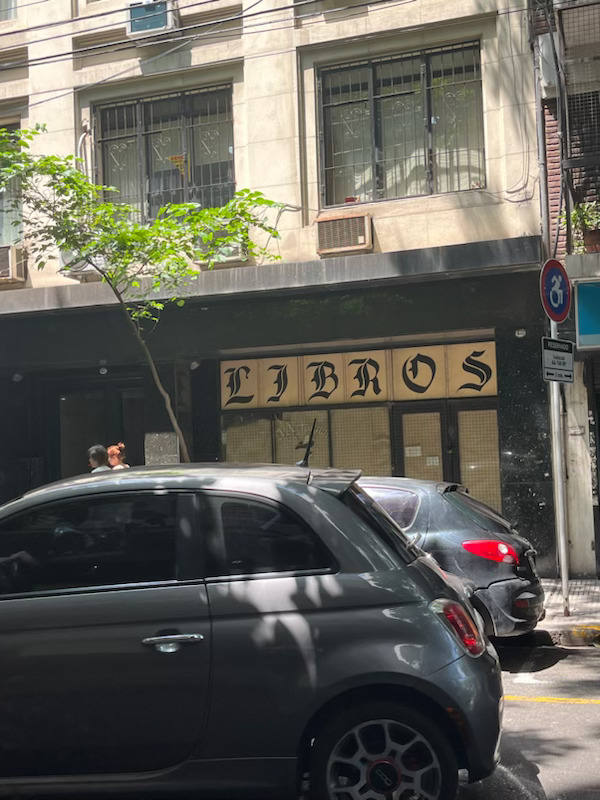
I also had the incredible opportunity to visit the US embassy with a cohort of nearly fifty Argentine writers to celebrate and discuss the boom of Latin American literature in the United States. I walked into the embassy with my Jewish Book Council tote bag resting on my shoulder, heavy with books, flyers, and “Ask me what I’m reading” pins, and listened to the lively conversation between authors, publishers, educators, and literary influencers. Emerging and seasoned writers all gathered together and talked like old friends. It was clear from my conversations that many of them wanted more international collaboration; indeed, all the writers I met during my trip expressed the hope that their stories would reach a wider audience through the eventual translation of their books into English, as the majority of the world’s Jews do not live in Spanish-speaking countries. I thought about language as an access point to connection, which feels more important than ever in a moment where unity often feels out of reach. Stories are our bridge to finding each other; to discovering community in places we might not expect, our shared identity transcending borders, language barriers, and experiences.
Six days was not nearly enough to take in the breadth of Jewish Argentine stories that are out there, chronicling a dynamic and diverse — but often lesser-known — branch of the Jewish diaspora. Argentine Jews come from all over the world, encompassing Mizrahi, Sephardic, and Ashkenazi stories, and beyond. The writers and community leaders I met helped instill in me the desire to learn more about the history of Jews in Argentina and the experience of those there today.
For me, I always begin with books. The home of the Jewish people is the belonging that we find in each others’ stories. Here are some recommendations for books (both in English and Spanish!) written by Jewish Argentine authors.
The Murders of Moisés Ville: The Rise and Fall of the Jerusalem of South America (Los crimenes de Moises Ville ) by Javier Sinay
Después de las 09:53 by Javier Sinay
Salt (La Sal ) by Adriana Riva
Ruth by Adriana Riva
Cuesta abajo by Juana Libedinsky (English translation forthcoming Fall 2025!)
Barullo by Valeria Groisman
Antisemitismo: Definir para Combatir by Ariel Gelblung
Confession (Confesión) by Martín Kohan
The End of Love: Sex and Desire in the 21st Century (El fin de amor: querer y coger en el siglo XXI ) by Tamara Tenenbaum
Jewish Literary Resources in Argentina
Fundación IWO: Yiddish language history, literature, and resources in Argentina.
Centro Simon Wiesenthal: The Latin American office of the Simon Wiesenthal Center, a global human rights activist organization that educates about antisemitism, the Holocaust, and Jewish life.
Limud BA: The Buenos Aires branch of Limmud, a global organization dedicated to promoting Jewish community through resources and events.
CIDICSEF: The Sephardic cultural institution in Buenos Aires.
Isadora Kianovsky (she/her) is the Membership & Engagement Associate at Jewish Book Council. She graduated from Smith College in 2023 with a B.A. in Jewish Studies and a minor in History. Prior to working at JBC, she focused on Gender and Sexuality Studies through a Jewish lens with internships at the Hadassah-Brandeis Institute and the Jewish Women’s Archive. Isadora has also studied abroad a few times, traveling to Spain, Israel, Poland, and Lithuania to study Jewish history, literature, and a bit of Yiddish language.
